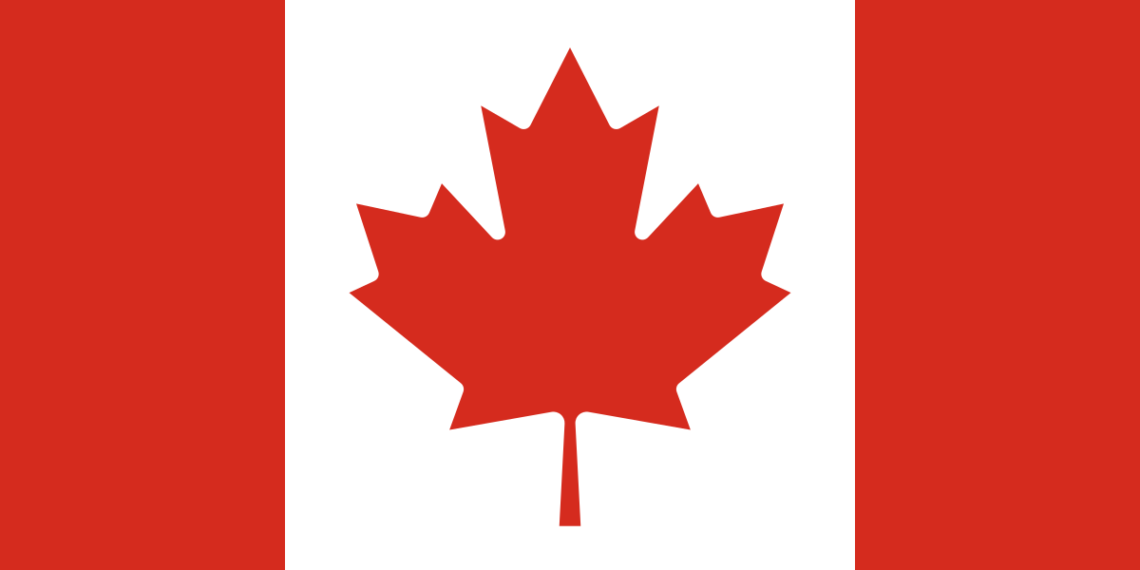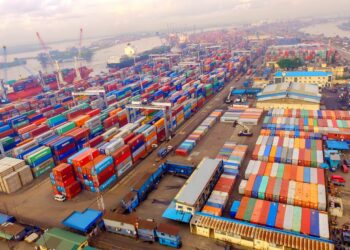Canada is poised to implement restrictions on the number of temporary residents for the first time in its history, aiming to reduce the proportion to 5 per cent of the population from the current 6.2 per cent.
Immigration Minister Marc Miller announced this decision, revealing that the limits would be gradually reduced over the next three years, with the first cap to be set in September.
The restrictions will impact international students, foreign workers, and asylum claimants, as Canada seeks to address affordability and housing challenges. Minister Miller emphasized the need for “sustainable” growth in the number of temporary residents entering Canada.
The surge in temporary residents has been notable in recent years, with Canada hosting 2.5 million temporary residents in 2024, up from nearly one million in 2021, according to Statistics Canada.
While recognizing the importance of temporary foreign workers to address labour shortages, Minister Miller stressed the need for system improvements and highlighted Canada’s global commitments to providing refuge for those fleeing war and persecution.
Under the new policy, Canadian businesses must reduce their reliance on temporary foreign workers by May 1st and demonstrate that these positions cannot be filled by permanent residents or Canadian citizens within a shorter timeframe. Exceptions will be made for workers in sectors experiencing labour shortages, such as construction and healthcare, who will maintain current entry levels until at least August 31.
Statistics Canada data from 2021 revealed that 40 per cent of temporary residents held work permits, while 22 per cent were students and 18 per cent were asylum claimants.
The announcement faced criticism from advocates for temporary foreign workers, who argued that migrants often work in precarious conditions and have unfairly been blamed for affordability and housing issues.
The policy changes signal a shift for Canada, historically known for its open immigration policies to address job vacancies and an aging workforce. The Trudeau government is under pressure to tackle the increasingly unaffordable housing market, with average home prices reaching C$700,000 and rent increasing by 22 per cent in the last two years.





